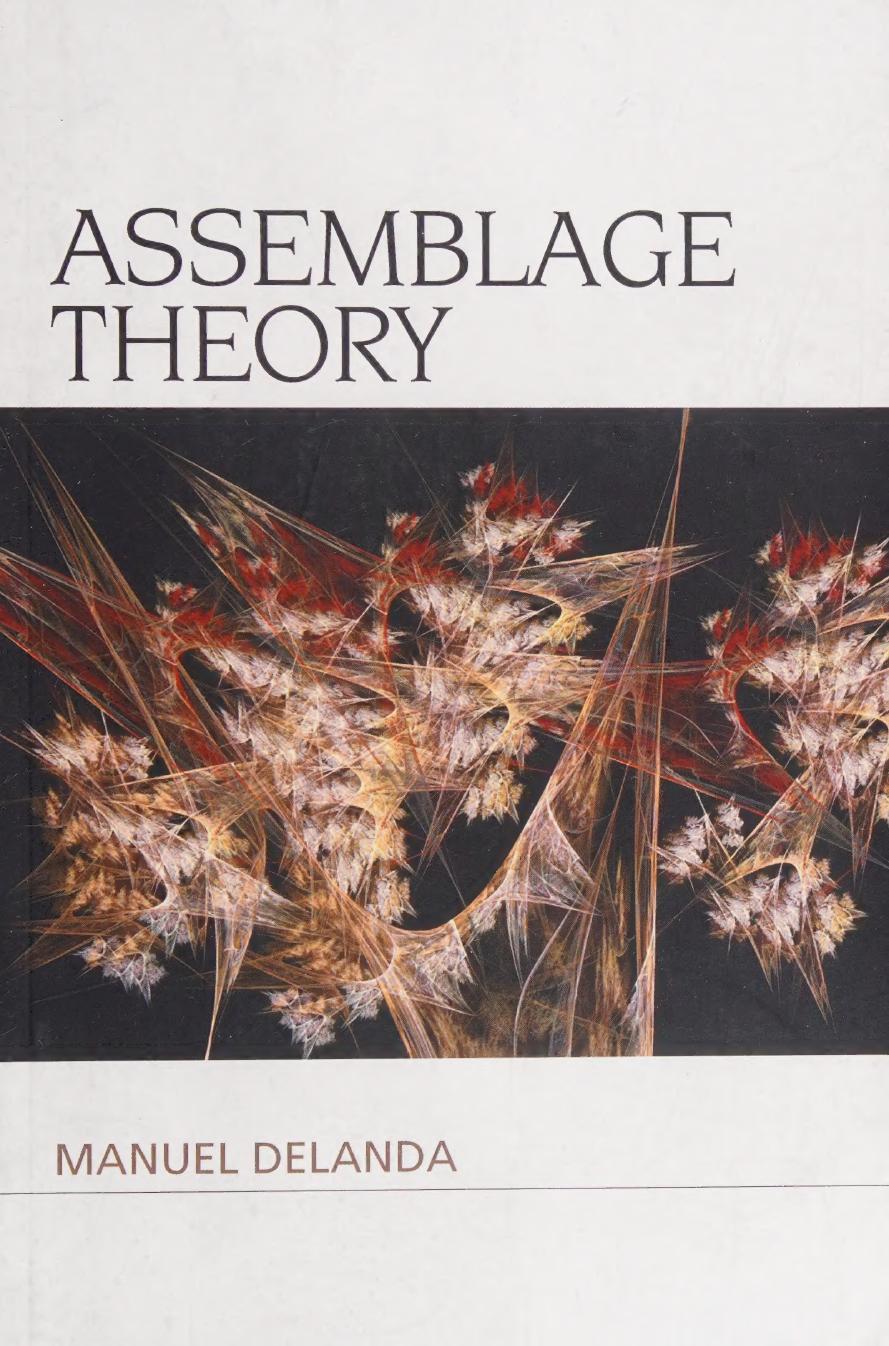

Most ebook files are in PDF format, so you can easily read them using various software such as Foxit Reader or directly on the Google Chrome browser.
Some ebook files are released by publishers in other formats such as .awz, .mobi, .epub, .fb2, etc. You may need to install specific software to read these formats on mobile/PC, such as Calibre.
Please read the tutorial at this link: https://ebookbell.com/faq
We offer FREE conversion to the popular formats you request; however, this may take some time. Therefore, right after payment, please email us, and we will try to provide the service as quickly as possible.
For some exceptional file formats or broken links (if any), please refrain from opening any disputes. Instead, email us first, and we will try to assist within a maximum of 6 hours.
EbookBell Team

5.0
60 reviewsFor archaeologists intensively engaged in more philosophical inquiries, for example historical contingency, structuration or the generation of novel entities, the discussion here may indeed be essential reading.
-- David K. Kay and Kevin Kay, Department of Archaeology, University of Cambridge, Archaeological Review from Cambridge
Manuel DeLanda provides the first detailed overview of the assemblage theory found in germ in Deleuze and Guattari’s writings. Through a series of case studies, DeLanda shows how the concept can be applied to economic, linguistic, and military history as well as to metaphysics, science, and mathematics. DeLanda then presents the real power of assemblage theory by advancing it beyond its original formulation – allowing for the integration of communities, institutional organizations, cities and urban regions. And he challenges Marxist orthodoxy with a Leftist politics of assemblages.
Assemblage Theory, the culmination of 25 years’ work, presents for the first time in one text a unified realist ontology spanning sub-atomic physics, chemistry, biology and social history. Simultaneously DeLanda has reoriented European philosophy, and given a remarkably lucid interpretation of Deleuze and Guattari. An extraordinary achievement.
-- Alistair Welchman, University of Texas at San Antonio